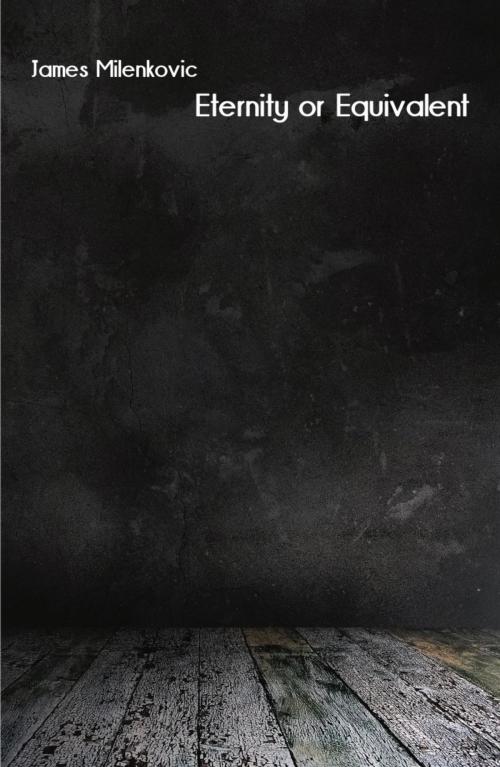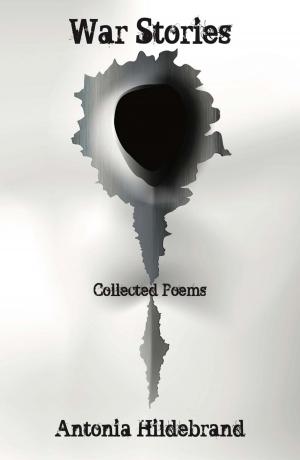| Author: | James Milenkovic | ISBN: | 9781760415587 |
| Publisher: | Ginninderra Press | Publication: | May 30, 2018 |
| Imprint: | Ginninderra Press | Language: | English |
| Author: | James Milenkovic |
| ISBN: | 9781760415587 |
| Publisher: | Ginninderra Press |
| Publication: | May 30, 2018 |
| Imprint: | Ginninderra Press |
| Language: | English |
Relationships with people, places, objects and the self are at the heart of poet James Milenkovic’s latest collection, Eternity or Equivalent. Through fragmented moments and more studied reflections, these poems give glimpses into ‘the intricacies and circulatory entanglements we share’. As in his earlier volume, Salt and Petals, visions of nature are both vivid and vital, yet equally strong are the more introspective pieces that investigate identity as a dance between disclosure and concealment. Questions of perspective are also considered, both in terms of the position from which things are viewed and the way in which they are seen. Recurring images of the cosmos reference the infinitude of the celestial realm and hint towards a wonder and a yearning that reaches beyond either consciousness or self. Alongside these are more contained domestic scenes. While simple in description, they are nevertheless imbued with unspoken and sometimes uneasy meaning. Enriched by entwining themes, Eternity or Equivalent presents readers with an appealing array of poems that ponder ‘why things are as they are’ while demonstrating ‘a gentle practice of finding / and appreciating beauty / in the everyday’.
Relationships with people, places, objects and the self are at the heart of poet James Milenkovic’s latest collection, Eternity or Equivalent. Through fragmented moments and more studied reflections, these poems give glimpses into ‘the intricacies and circulatory entanglements we share’. As in his earlier volume, Salt and Petals, visions of nature are both vivid and vital, yet equally strong are the more introspective pieces that investigate identity as a dance between disclosure and concealment. Questions of perspective are also considered, both in terms of the position from which things are viewed and the way in which they are seen. Recurring images of the cosmos reference the infinitude of the celestial realm and hint towards a wonder and a yearning that reaches beyond either consciousness or self. Alongside these are more contained domestic scenes. While simple in description, they are nevertheless imbued with unspoken and sometimes uneasy meaning. Enriched by entwining themes, Eternity or Equivalent presents readers with an appealing array of poems that ponder ‘why things are as they are’ while demonstrating ‘a gentle practice of finding / and appreciating beauty / in the everyday’.















